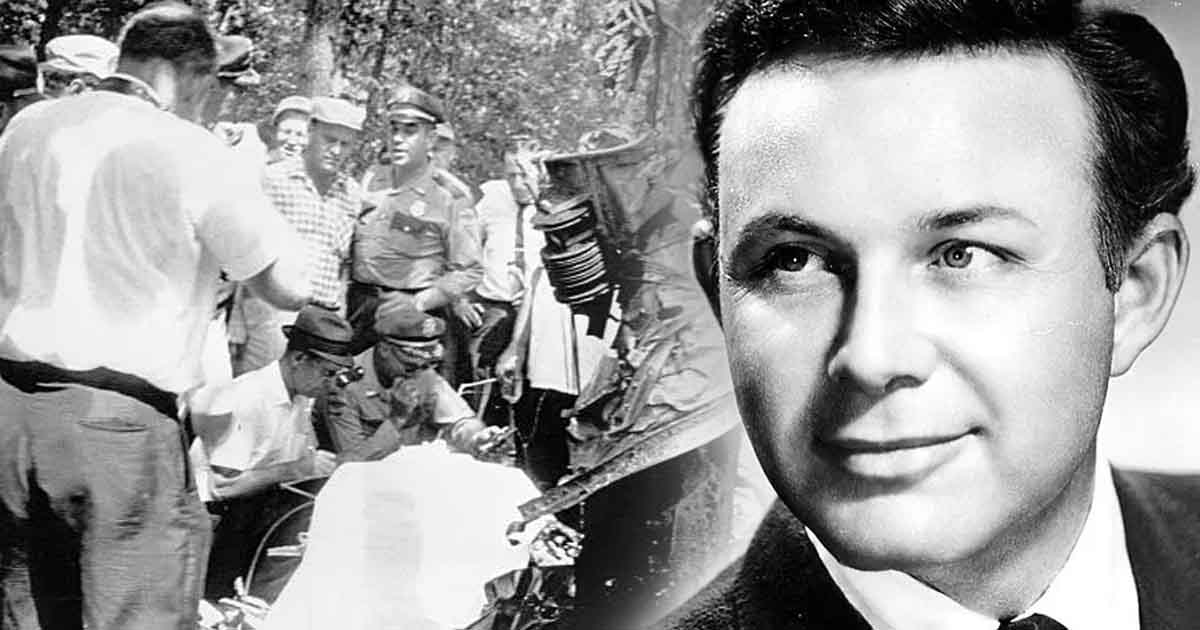
An Invitation to Intimacy: A Gentle Embrace of Solitude and Hope
When Jim Reeves released “Welcome to My World” in 1964, it marked not just another charting success for the artist—peaking at No. 2 on the Billboard Hot Country Singles chart—but a crystallization of the soothing, velvet-voiced style that had become his signature. Featured on the posthumously-released album “The Best of Jim Reeves”, the song arrived just months before Reeves’s untimely death in a plane crash, forever etching this tender ballad into the collective memory of country and popular music as a soft-spoken farewell from one of its most beloved crooners.
Penned by Ray Winkler and John Hathcock, “Welcome to My World” is more than a simple invitation—it is a whispered gesture of open-hearted vulnerability. Reeves delivers the lines with such gentle authority that the song transcends its modest lyrical structure, transforming into an emotional sanctuary for listeners seeking solace. In an era when country music was frequently built on twang and grit, Reeves stood apart. His smooth baritone—rich with restraint and imbued with quiet yearning—brought country music closer to the elegance of pop balladry, and nowhere is that more gracefully rendered than in this composition.
Musically, the arrangement is understated yet deeply resonant. A softly strummed guitar, brushed snare drums, and subtle orchestral flourishes serve as the bed beneath Reeves’s voice, never competing but rather cradling it. There are no dramatic crescendos or sweeping modulations here—just a calm, unwavering current that carries the listener gently inward. It’s precisely this unassuming presentation that gives “Welcome to My World” its staying power; it doesn’t clamor for attention but earns it through sincerity.
Lyrically, the song is an appeal to empathy and connection: “Knock and the door will open / Seek and you will find.” These are not merely romantic platitudes—they are gospel echoes, Biblical allusions delivered in secular tones. In inviting someone into his world, Reeves isn’t merely offering companionship; he’s offering redemption through understanding. The spiritual undertones give the track a weight beyond its runtime—a suggestion that true intimacy is both human and divine.
Culturally, “Welcome to My World” endures as a quiet anthem of inclusion and openness. Its simplicity has allowed countless interpretations over the decades—from Elvis Presley’s reverent cover to its use in television tributes—each reframing its message without diluting it. For Reeves, whose life was cut short at just 40 years old, the song stands as both invitation and legacy. He opened his world through song—graciously, humbly—and in doing so, offered listeners a place where vulnerability is met not with fear but with grace.
In today’s fractured emotional landscape, “Welcome to My World” feels like an old friend at the door: familiar, steady, waiting patiently for us to accept its gentle embrace.